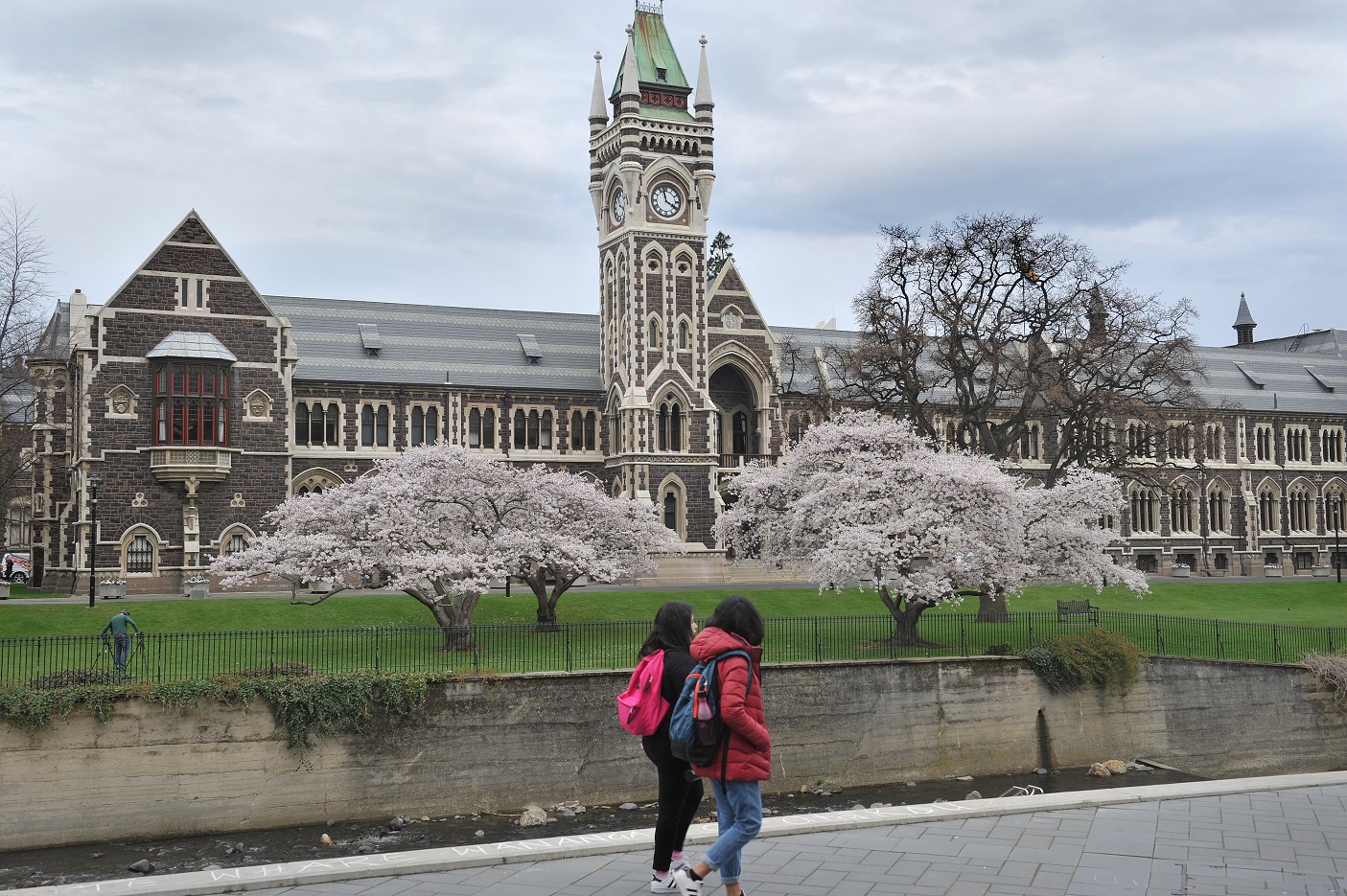
Above all else a university should be a vibrant place of learning, providing students the freedom to explore and grow in the broadest sense in an environment that encourages critical thinking.
As a casual observer it seems increasingly in recent years that the Otago University administration has been expanding beyond its normal scope of operation to the point where it now wants to implement a cultural plan to embrace the entire academic and student body.
This goal is soon to be encapsulated in a "Strategic direction document Vision 2040". Along with this is a new directional change project "to define the values, expectations and desired norms of behaviour as it applies to the university community."
The vice-chancellor in his Comment (University of Otago Magazine, November 2022) also states "this is a time to all work together and think as a university."
This type of group think, in my opinion, is contrary to the primary purpose of a university and arguably a substantial and questionable intrusion into the independence and autonomy of academics, support staff and students.
Furthermore, it also appears to be inconsistent with the provisions of the Education Amendment Act 1990, No 60 Part section 161(2) which states "that academic freedom in relation to an institution such as universities means the freedom of academic staff and students within the law to question and test received wisdom, to put forward new ideas and to state controversial and unpopular opinions."
The Otago University Students’ Association (OUSA) was founded in 1890.
For many years it was able to challenge and exert influence over decision making by the administration.
In 1967 the authorities banned mixed flatting bringing it into direct conflict with the student association.
The late James K Baxter at that time a Burns fellow used his gifts as a poet to express this frustration directly to the Vice Chancellor in A small ode to mixed flatting. Four lines of which read;
"A thousand founding fathers lie
Well rooted against the howling sky
In mixed accommodation Hush!
It is the living makes us blush ..."’
In the years to follow the student body continued to be very active with several ‘‘sit ins’’ occurring in the registry building arising from dissatisfaction with proposals or decisions made by the administration. One of the largest of these took place in 1993 over opposition to an increase in course fees.
Grant Robertson as then President of OUSA led a group of around a thousand students to the registry building to voice their concerns.
From all accounts the situation became quite heated.
In 2011 as a result of the Voluntary Student Membership bill (VSM) OUSA effectively lost its funding base and became dependent on the administration for this.
This undoubtedly weakened its bargaining position. In an interview with the Otago Daily Times in 2016 Professor Mark Henaghan the then Dean of the Law Faculty said of this change "An active student voice and ability to challenge institutional dominance is crucial for robust civil society."
In 2018 the student body again rose to the occasion following an incident where university staff at the request of the then vice-chancellor dumped 500 copies of the student magazine Critic on the basis of some alleged unacceptable content.
This sparked an uproar over freedom of expression with the actions of the administration regarded as censorious and over bearing.
The vice-chancellor made a belated apology saying there had been a mistake but the damage was already done.
Following this, a significant student protest took place at the clock tower which several academics also attended.
The academics were keen to point out though, that they did so in their private capacity. One might ask what constrained them to say that.
It is troubling when those who are supposed be a critic and conscience of society, appear to be fettered in freely exercising that role.
In conclusion it is my view that the university administration’s central focus should be on supporting and facilitating academic staff and students in every respect to enable them to fulfil their core objectives in teaching, learning, community engagement and as critic and conscience of society.
Its role should not be to impose an ideological view of how a university should think or what it should think.
The song Gaudeamus Igitur is frequently sung at university graduations.
The words contained in this are still relevant as to where a universities priorities ought to be. One verse contains the following;
"Long live the university!
Long live the Profs!
Long live any student!
whatsoever!
May they always be the best."
Perhaps something for the university administration to reflect on at the next graduation ceremony.
- Joss Miller is a retired Dunedin lawyer.












